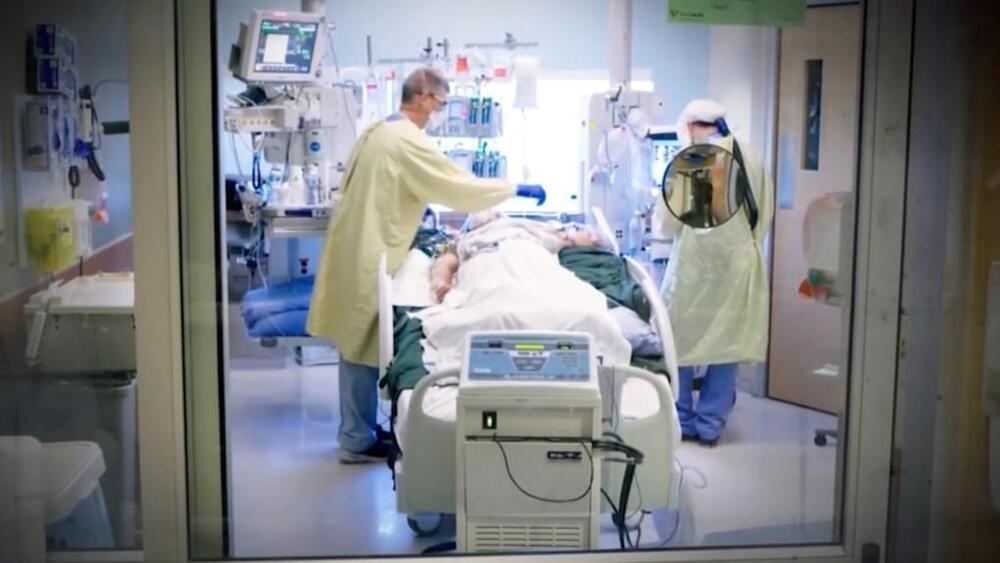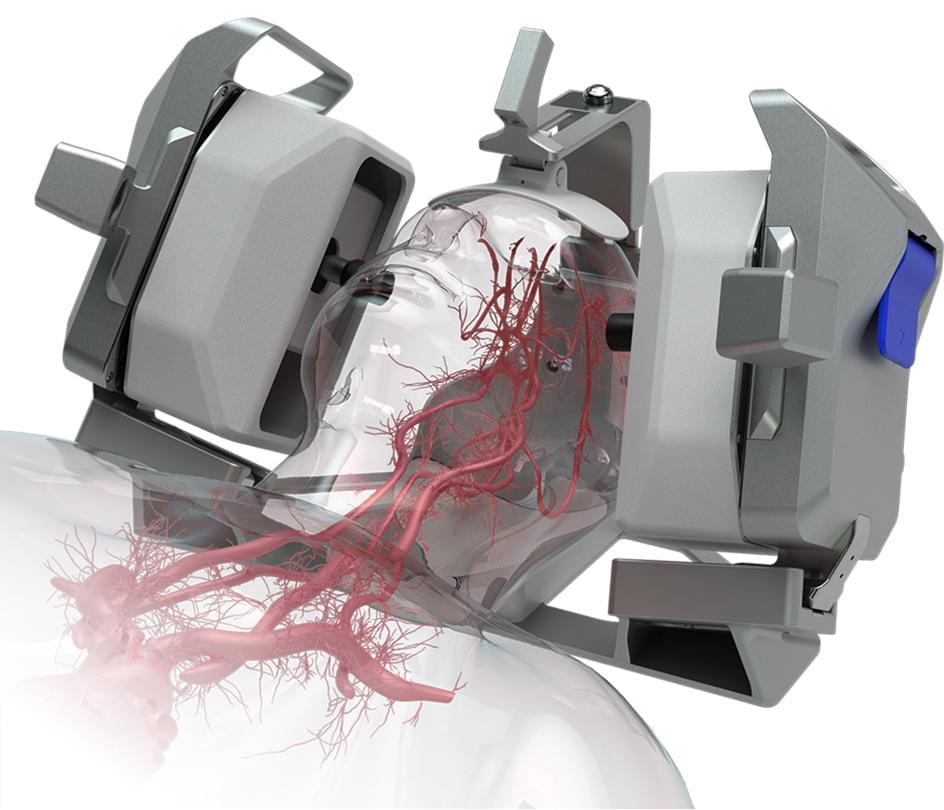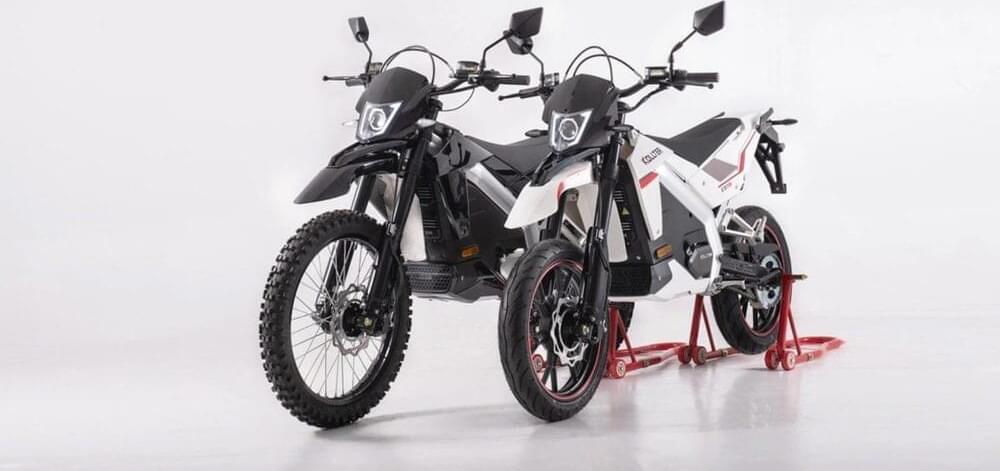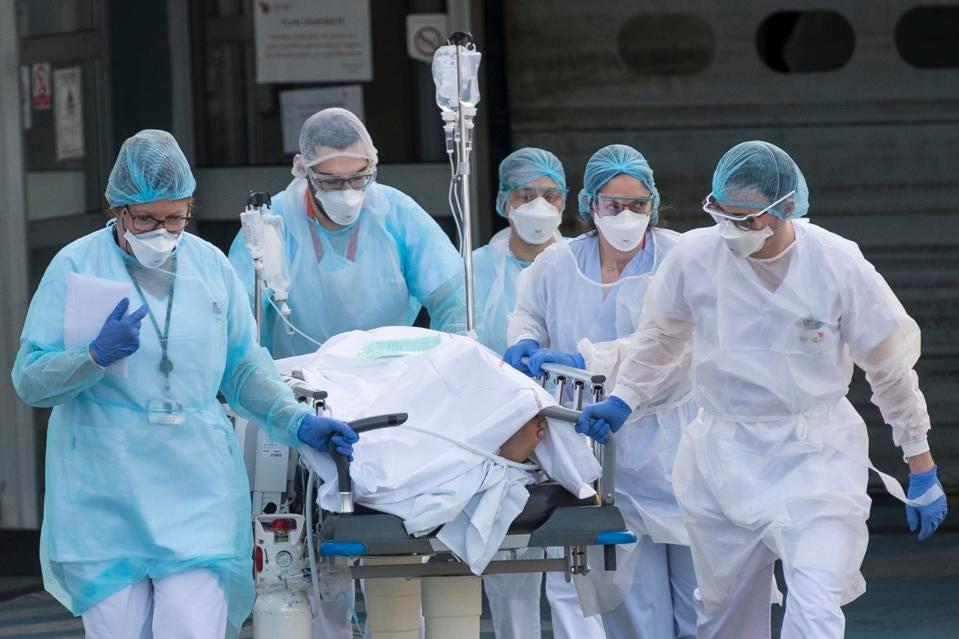
An international team of researchers wants to find people who are genetically resistant to SARS-CoV-2, in the hope of developing new drugs and treatments.
Imagine being born naturally resistant to SARS-CoV-2, and never having to worry about contracting COVID-19 or spreading the virus. If you have this superpower, researchers want to meet you, to enrol you in their study.
As described in a paper in Nature Immunology1 this month, an international team of scientists has launched a global hunt for people who are genetically resistant to infection with the pandemic virus. The team hopes that identifying the genes protecting these individuals could lead to the development of virus-blocking drugs that not only protect people from COVID-19, but also prevent them from passing on the infection.
“It’s a terrific idea,” says Mary Carrington, an immunogeneticist at the Frederick National Laboratory for Cancer Research in Bethesda, Maryland. “Really, a wise thing to do.”









